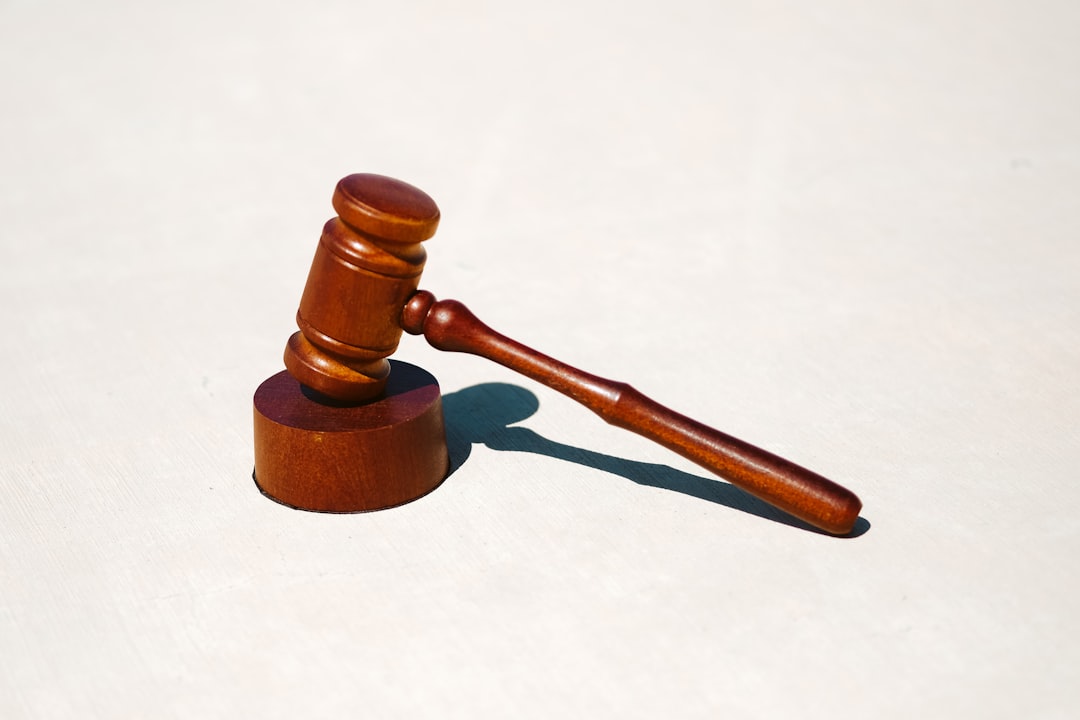Oregon's robust debt collection laws, including the Oregon Debt Collection Act (ODCA), protect consumers from abusive practices by governing communication methods, information disclosure, and ethical treatment. Key prohibitions include aggressive behavior, false statements, threats, and harassment, with collectors mandated to validate debts, respect consumer rights, and maintain personal boundaries. Recognizing violations and documenting interactions are crucial for residents to enforce these laws and foster a fair collection environment. Consumers have specific rights, such as requesting validation and disputing debts, empowering them to protect against unlawful practices. Resources from the Oregon Department of Justice and local agencies offer guidance on navigating and reporting violations under these debt collector laws.
In Oregon, understanding your rights against aggressive debt collection practices is crucial. The state has strict regulations governing debt collectors, aiming to protect consumers from abusive tactics. This article guides you through navigating these laws and recognizing violations like harassment, false representations, or unfair collection methods. Learn the steps to report debt collector abuses effectively, ensuring your rights are upheld. Discover available resources in Oregon for consumers facing such challenges.
Understanding Debt Collector Laws in Oregon

In Oregon, debt collectors are governed by state and federal laws designed to protect consumers from abusive or unfair practices. The Oregon Debt Collection Act (ODCA) outlines specific rules that debt collectors must adhere to, ensuring fair and ethical treatment of individuals dealing with debt. These laws cover various aspects, including the manner in which debt collectors communicate, the information they disclose, and the methods they employ to collect debts.
Debt collector laws in Oregon prohibit aggressive or harassing behavior, false or misleading statements, and the use of threats or intimidation tactics. Collectors must provide validation of the debt, inform consumers of their rights, and respect personal boundaries. Understanding these regulations is crucial for both debt collectors and individuals facing financial challenges to ensure a fair and transparent collection process.
Recognizing Violations and Their Impact

Recognizing violations committed by debt collectors is a crucial step in protecting your rights under Oregon’s debt collection laws. These laws are designed to prevent aggressive or unfair practices that can cause significant distress to consumers. Violations can range from making false statements about the debt, using threatening language, or failing to verify the debt before contacting you. Such actions not only breach legal boundaries but also have a profound impact on individuals’ financial and emotional well-being.
Understanding these violations is essential because they can lead to legal repercussions for the collectors. Oregon residents have the right to stand up against abusive collection tactics and seek justice. By recognizing and reporting these practices, individuals can contribute to maintaining a fair debt collection environment and ensuring that collectors adhere to the state’s regulations.
Steps to Report Debt Collector Abuses

If you’ve experienced abusive practices by a debt collector in Oregon, it’s crucial to take action and report it. Here’s how:
1. Document Everything: Keep a detailed record of all communications with the debt collector, including dates, times, names, and what was said. Note any threats, harassment, or false statements made towards you. This documentation will be vital when filing your report.
2. Familiarize Yourself with Oregon’s Debt Collector Laws: Oregon has strict regulations regarding debt collection practices to protect consumers from abusive tactics. The Oregon Department of Consumer and Business Services provides resources and guidelines on debt collector laws. Understanding your rights under these laws will help ensure your report is accurate and effective.
Your Rights and Resources in Oregon

In Oregon, consumers have specific rights when dealing with debt collectors as governed by the state’s debt collection laws. According to the Oregon Debt Collection Act (ORS 646.601 et seq.), debt collectors must adhere to fair and ethical practices when attempting to collect debts. These include providing proper identification, refraining from using abusive or deceptive language, and allowing consumers to verify the debt’s validity.
Knowing your rights is a crucial step in protecting yourself against potential violations. Oregon law gives consumers the right to request validation of the debt, dispute it, and stop communication if they believe the collection efforts are unlawful. There are also restrictions on when and how often debt collectors can contact you, ensuring a certain level of privacy and peace. Resources like the Oregon Department of Justice and local consumer protection agencies offer guidance and assistance in navigating these rights and reporting violations under the state’s debt collector laws.






